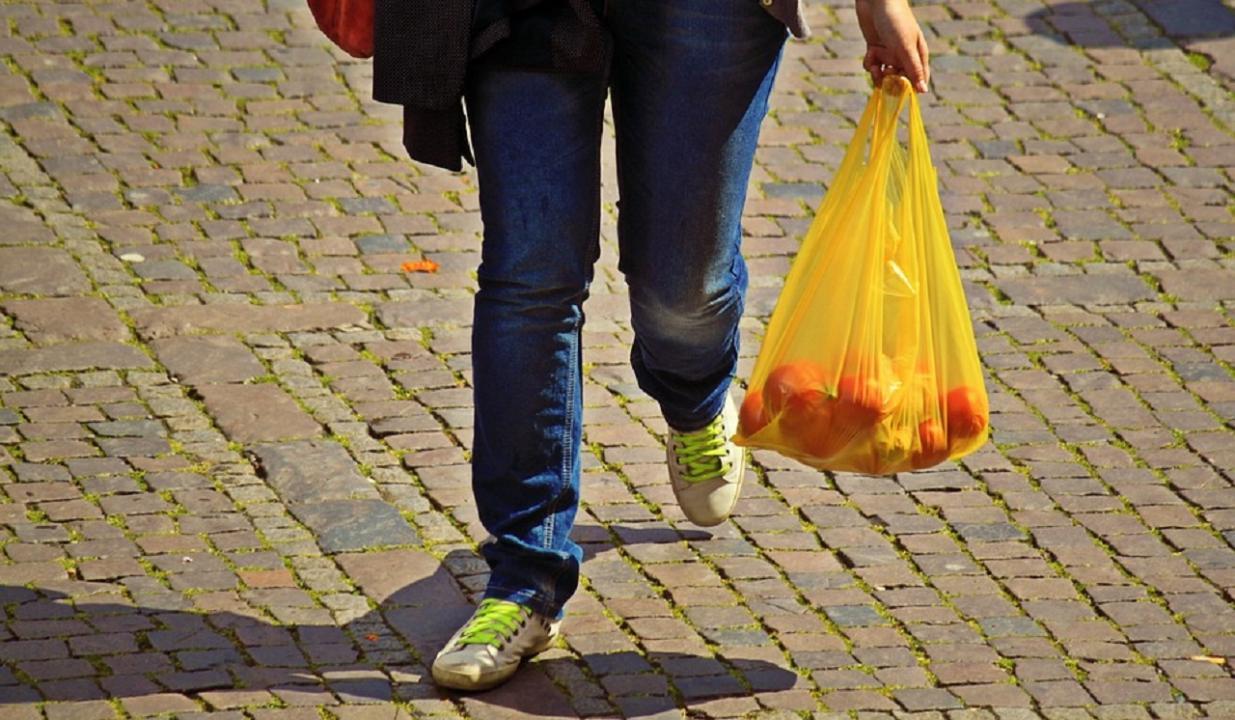City-based NGO NatConnect Foundation has sought to know from the ICMR if there are any official guidelines issued in view of the “disturbing reports including from the World Health Organisation” about the microplastic danger from green tea sachets

Representational Image. Pic/Pixabay
Even as concerns are being raised over the presence of dangerous microplastics in tea bags, salt and sugar, the country’s premier organisation the government-owned Indian Council of Medical Research (ICMR) is in the dark on the issue, information obtained via the RTI route shows.
ADVERTISEMENT
City-based NGO NatConnect Foundation has sought to know from the ICMR if there are any official guidelines issued in view of the “disturbing reports including from the World Health Organisation” about the microplastic danger from green tea sachets.
NatConnect director B N Kumar said he also asked for information about “the tolerable levels of microplastics and dangers from higher levels danger from any other food items that humans and animals consume”.
The institute posted on the RTI website a cryptic response saying, “This information is not available with ICMR”.
This is absolutely shocking, to say the least, said Kumar and wondered as to who else would have such information if not the ICMR.
He said he filed his first appeal with the ICMR against this lackadaisical attitude to such an important issue.
A recent study report by Delhi-based environmental research and advocacy organization Toxics Link regarding the presence of microplastics (MPs) in salt and sugar in India is quite alarming, to say the least.
Kumar quoted a blog on the UNDP website that warns that different chemicals can leach from plastic water bottles, knives and dermatologic products to enter our bodies. These compounds are linked to serious health issues such as endocrine disruption, weight gain, insulin resistance, decreased reproductive health, and cancer.
Toxic Link says an Indian consumes 10.98 grams of salt per day on an average, which is more than double the World Health Organization’s recommended limit of 5 grams per day. With the per capita consumption of sugar of approximately 10 spoons per day, the average Indian eats almost 18 kg of sugar per year. Since humans consume food products containing salt and sugar throughout their lives, the intake of microplastics is also expected to be substantial, Toxic Link said.
Meanwhile, the Food Safety and Standards Authority of India (FSSAI) launched an innovative project to tackle the growing concern of microplastic contamination in food while recognising the fact microplastic pollution is an emerging threat that requires immediate attention.
The primary objectives of the project include developing standard protocols for micro/nano-plastic analysis, conducting intra- and inter-laboratory comparisons, and generating critical data on microplastic exposure levels among consumers.
This study is being implemented in collaboration with leading research institutions across the country, including the CSIR-Indian Institute of Toxicology Research (Lucknow), ICAR-Central Institute of Fisheries Technology (Kochi), and the Birla Institute of Technology and Science (Pilani).
 Subscribe today by clicking the link and stay updated with the latest news!" Click here!
Subscribe today by clicking the link and stay updated with the latest news!" Click here!







